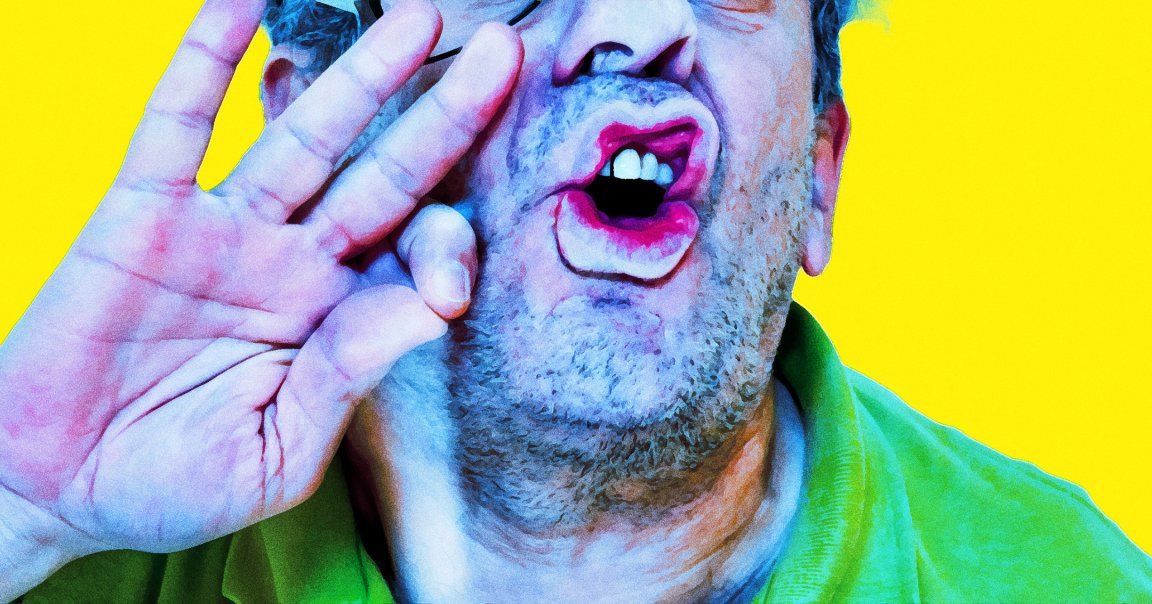
Watching a whole bunch of smut has some major side effects — and no, we’re not just talking about stained bedsheets.
In a new study published in the journal Frontiers in Human Neuroscience, researchers at the Chengdu Medical College in China found that people who watch a lot of pornography had lower cognitive performance and showed signs of neurological arousal akin to opioid addiction.
It’s new data in a swirling debate over whether watching porn — or how much — affects cognition, emotional regulation, and our relationships. The battle has raged on for years in academic journals, but has gained increasing prominence as a divisive political and social issue in recent years (complicating matters further, there’s a broad medical consensus that masturbation is healthy.)
The Chengdu researchers are squarely in the “porn sucks” category with this study. Using an experimental cohort of 21 heterosexual, mostly male college students — 16 who said in a survey they only watch adult content on occasion, and five who were described as having a “severe” internet porn addiction — the team used a brain imaging technique to measure how the habit was affecting cognition.
Known as functional near-infrared spectroscopy or fNIRS, this imaging method looks at brain activity by shining a near-infrared light through the scalp and seeing how much of its light is absorbed by the hemoglobin in the brain.
Using a fitted fNIRS cap and additional instruments that recorded facial expressions and vital signs, the researchers looked at the brain and body feedback coming from those 21 college students while they watched a 10-minute-long X-rated clip. Before and after the viewing session — in which the participants were asked to not masturbate, we should note — the students performed tests designed to measure cognitive function.
The brain readings of the two groups turned out to be vastly different. The occasional porn watchers exhibited stronger neural connectivity in brain regions related to language, movement, and sensory processing. And the “gooners,” to use cultural parlance for people who are seriously hooked on erotica, had heightened connectivity in regions related to executive function, addiction, and emotional regulation.
The gooner squad also showed higher emotional and physiological arousal than their less-porn-watching counterparts, and their facial expressions when watching the clip showed a wide variety of emotions ranging from happiness to anger — though strangely, the study also found they appeared more “numb” than the lower-frequency group. In sum, the study suggests, the effects were similar to opioid users who experience intense calm, euphoria, and blurry perception.
Physiologically, there were similarities between both groups during the viewing sessions — but the changes exhibited were often more dramatic in the gooners. Both groups had lowered heart rates during the session, but the effect was more pronounced in the more dedicated smut consumers. The same was true for the lowered cognitive performance both groups showed post-porn, which declined more steeply in the high-frequency porn watchers.
These results aren’t entirely surprising. A 2021 study found that problematic porn watchers suffer deficits in everything from working memory and decision-making to inhibition control and attention span; a 2014 paper found reductions in gray matter volume associated with consuming adult content.
Though there will obviously need to be more and larger studies to figure out what’s going on physically and neurologically with gooners, this research seems to demystify porn’s effects on frequent watchers — not to mention an interesting new datapoint in the debate over the seriousness of porn addiction, too.
More on porn: Government Website Caught Hosting “Gay Impregnation” Content